Insurrection debate intensifies over Pres. Yoon's martial law
입력 2024.12.06 (00:01)
읽어주기 기능은 크롬기반의
브라우저에서만 사용하실 수 있습니다.
[Anchor]
The issue of whether President Yoon's declaration of martial law can be punished as a crime of insurrection is becoming a point of contention.
There are opinions suggesting that the crime of insurrection is established due to the deployment of military forces to the National Assembly, while others argue that the procedures should be carefully examined.
Reporter Lee Ho-jun has analyzed the key issues and related court rulings.
[Report]
In 1997, the Supreme Court judged the military suppression of the Gwangju Democratization Movement by the new military regime as 'insurrection.'
[KBS News/1997: "Defendant Chun Doo-hwan was sentenced to life imprisonment for crimes of rebellion and insurrection."]
Article 87 of the Criminal Act defines insurrection as a "riot carried out with the intent to disrupt the constitutional order," which includes actions that paralyze constitutional institutions through coercion.
The court at the time ruled that the new military regime's actions, including expanding martial law, infringed on the authority of lawmakers through coercion, effectively preventing them from exercising their powers, which constituted "disruption of the constitutional order."
[Ryu Ha-sung/Lawyer: "It was deemed to be a disturbance of the constitutional order in cases where there appeared to be an abuse of emergency powers. This was judged to be the broadest scope of riot discussed in the crime of insurrection."]
Another ruling related to insurrection was the 2015 verdict concerning former Unified Progressive Party member Lee Seok-ki.
[Yang Seung-tae/Chief Justice in 2015: "The charge of inciting insurrection with the intent to disrupt the constitutional order has been found guilty...."]
At that time, the Supreme Court determined that the statements made by participants in the meeting regarding the 'destruction of major national facilities' constituted a riot, and that it could be said to have the purpose of 'disturbing the constitutional order.'
In other words, if a riot is instigated with the purpose of disturbing the constitutional order, such as restricting the powers of the National Assembly, it constitutes a crime of insurrection.
So, can this declaration of martial law be regulated as a crime of insurrection?
In the legal community, there are opinions that even in a state of emergency, the National Assembly is guaranteed authority by the constitution, and the mere act of deploying the military corresponds to the purpose of disturbing the constitutional order and constitutes a riot.
[Kim Kyung-soo/KBS Advisory Lawyer: "In light of the fact that the military entered the National Assembly, there seems to be a possibility or necessity to examine 'disturbing the constitutional order.'"]
On the other hand, there is a cautious view that since the National Assembly resolved to lift the state of emergency and it was actually lifted, there was no infringement of authority, and it needs to be examined whether the president's exercise of authority was lawful or violated any laws.
This is KBS News, Lee Ho-jun.
The issue of whether President Yoon's declaration of martial law can be punished as a crime of insurrection is becoming a point of contention.
There are opinions suggesting that the crime of insurrection is established due to the deployment of military forces to the National Assembly, while others argue that the procedures should be carefully examined.
Reporter Lee Ho-jun has analyzed the key issues and related court rulings.
[Report]
In 1997, the Supreme Court judged the military suppression of the Gwangju Democratization Movement by the new military regime as 'insurrection.'
[KBS News/1997: "Defendant Chun Doo-hwan was sentenced to life imprisonment for crimes of rebellion and insurrection."]
Article 87 of the Criminal Act defines insurrection as a "riot carried out with the intent to disrupt the constitutional order," which includes actions that paralyze constitutional institutions through coercion.
The court at the time ruled that the new military regime's actions, including expanding martial law, infringed on the authority of lawmakers through coercion, effectively preventing them from exercising their powers, which constituted "disruption of the constitutional order."
[Ryu Ha-sung/Lawyer: "It was deemed to be a disturbance of the constitutional order in cases where there appeared to be an abuse of emergency powers. This was judged to be the broadest scope of riot discussed in the crime of insurrection."]
Another ruling related to insurrection was the 2015 verdict concerning former Unified Progressive Party member Lee Seok-ki.
[Yang Seung-tae/Chief Justice in 2015: "The charge of inciting insurrection with the intent to disrupt the constitutional order has been found guilty...."]
At that time, the Supreme Court determined that the statements made by participants in the meeting regarding the 'destruction of major national facilities' constituted a riot, and that it could be said to have the purpose of 'disturbing the constitutional order.'
In other words, if a riot is instigated with the purpose of disturbing the constitutional order, such as restricting the powers of the National Assembly, it constitutes a crime of insurrection.
So, can this declaration of martial law be regulated as a crime of insurrection?
In the legal community, there are opinions that even in a state of emergency, the National Assembly is guaranteed authority by the constitution, and the mere act of deploying the military corresponds to the purpose of disturbing the constitutional order and constitutes a riot.
[Kim Kyung-soo/KBS Advisory Lawyer: "In light of the fact that the military entered the National Assembly, there seems to be a possibility or necessity to examine 'disturbing the constitutional order.'"]
On the other hand, there is a cautious view that since the National Assembly resolved to lift the state of emergency and it was actually lifted, there was no infringement of authority, and it needs to be examined whether the president's exercise of authority was lawful or violated any laws.
This is KBS News, Lee Ho-jun.
■ 제보하기
▷ 카카오톡 : 'KBS제보' 검색, 채널 추가
▷ 전화 : 02-781-1234, 4444
▷ 이메일 : kbs1234@kbs.co.kr
▷ 유튜브, 네이버, 카카오에서도 KBS뉴스를 구독해주세요!
- Insurrection debate intensifies over Pres. Yoon's martial law
-
- 입력 2024-12-06 00:01:36
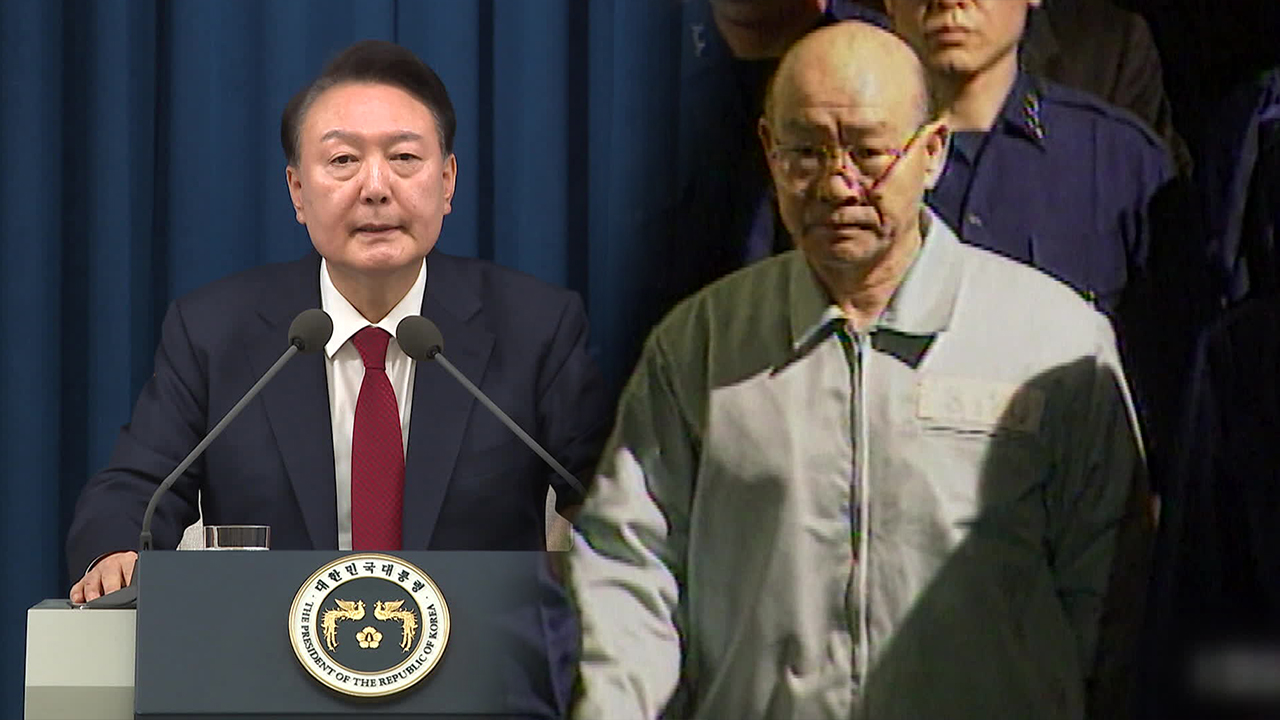
[Anchor]
The issue of whether President Yoon's declaration of martial law can be punished as a crime of insurrection is becoming a point of contention.
There are opinions suggesting that the crime of insurrection is established due to the deployment of military forces to the National Assembly, while others argue that the procedures should be carefully examined.
Reporter Lee Ho-jun has analyzed the key issues and related court rulings.
[Report]
In 1997, the Supreme Court judged the military suppression of the Gwangju Democratization Movement by the new military regime as 'insurrection.'
[KBS News/1997: "Defendant Chun Doo-hwan was sentenced to life imprisonment for crimes of rebellion and insurrection."]
Article 87 of the Criminal Act defines insurrection as a "riot carried out with the intent to disrupt the constitutional order," which includes actions that paralyze constitutional institutions through coercion.
The court at the time ruled that the new military regime's actions, including expanding martial law, infringed on the authority of lawmakers through coercion, effectively preventing them from exercising their powers, which constituted "disruption of the constitutional order."
[Ryu Ha-sung/Lawyer: "It was deemed to be a disturbance of the constitutional order in cases where there appeared to be an abuse of emergency powers. This was judged to be the broadest scope of riot discussed in the crime of insurrection."]
Another ruling related to insurrection was the 2015 verdict concerning former Unified Progressive Party member Lee Seok-ki.
[Yang Seung-tae/Chief Justice in 2015: "The charge of inciting insurrection with the intent to disrupt the constitutional order has been found guilty...."]
At that time, the Supreme Court determined that the statements made by participants in the meeting regarding the 'destruction of major national facilities' constituted a riot, and that it could be said to have the purpose of 'disturbing the constitutional order.'
In other words, if a riot is instigated with the purpose of disturbing the constitutional order, such as restricting the powers of the National Assembly, it constitutes a crime of insurrection.
So, can this declaration of martial law be regulated as a crime of insurrection?
In the legal community, there are opinions that even in a state of emergency, the National Assembly is guaranteed authority by the constitution, and the mere act of deploying the military corresponds to the purpose of disturbing the constitutional order and constitutes a riot.
[Kim Kyung-soo/KBS Advisory Lawyer: "In light of the fact that the military entered the National Assembly, there seems to be a possibility or necessity to examine 'disturbing the constitutional order.'"]
On the other hand, there is a cautious view that since the National Assembly resolved to lift the state of emergency and it was actually lifted, there was no infringement of authority, and it needs to be examined whether the president's exercise of authority was lawful or violated any laws.
This is KBS News, Lee Ho-jun.
The issue of whether President Yoon's declaration of martial law can be punished as a crime of insurrection is becoming a point of contention.
There are opinions suggesting that the crime of insurrection is established due to the deployment of military forces to the National Assembly, while others argue that the procedures should be carefully examined.
Reporter Lee Ho-jun has analyzed the key issues and related court rulings.
[Report]
In 1997, the Supreme Court judged the military suppression of the Gwangju Democratization Movement by the new military regime as 'insurrection.'
[KBS News/1997: "Defendant Chun Doo-hwan was sentenced to life imprisonment for crimes of rebellion and insurrection."]
Article 87 of the Criminal Act defines insurrection as a "riot carried out with the intent to disrupt the constitutional order," which includes actions that paralyze constitutional institutions through coercion.
The court at the time ruled that the new military regime's actions, including expanding martial law, infringed on the authority of lawmakers through coercion, effectively preventing them from exercising their powers, which constituted "disruption of the constitutional order."
[Ryu Ha-sung/Lawyer: "It was deemed to be a disturbance of the constitutional order in cases where there appeared to be an abuse of emergency powers. This was judged to be the broadest scope of riot discussed in the crime of insurrection."]
Another ruling related to insurrection was the 2015 verdict concerning former Unified Progressive Party member Lee Seok-ki.
[Yang Seung-tae/Chief Justice in 2015: "The charge of inciting insurrection with the intent to disrupt the constitutional order has been found guilty...."]
At that time, the Supreme Court determined that the statements made by participants in the meeting regarding the 'destruction of major national facilities' constituted a riot, and that it could be said to have the purpose of 'disturbing the constitutional order.'
In other words, if a riot is instigated with the purpose of disturbing the constitutional order, such as restricting the powers of the National Assembly, it constitutes a crime of insurrection.
So, can this declaration of martial law be regulated as a crime of insurrection?
In the legal community, there are opinions that even in a state of emergency, the National Assembly is guaranteed authority by the constitution, and the mere act of deploying the military corresponds to the purpose of disturbing the constitutional order and constitutes a riot.
[Kim Kyung-soo/KBS Advisory Lawyer: "In light of the fact that the military entered the National Assembly, there seems to be a possibility or necessity to examine 'disturbing the constitutional order.'"]
On the other hand, there is a cautious view that since the National Assembly resolved to lift the state of emergency and it was actually lifted, there was no infringement of authority, and it needs to be examined whether the president's exercise of authority was lawful or violated any laws.
This is KBS News, Lee Ho-jun.
이 기사가 좋으셨다면
-
좋아요
0
-
응원해요
0
-
후속 원해요
0










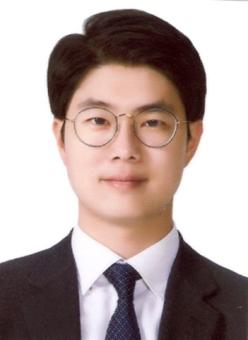
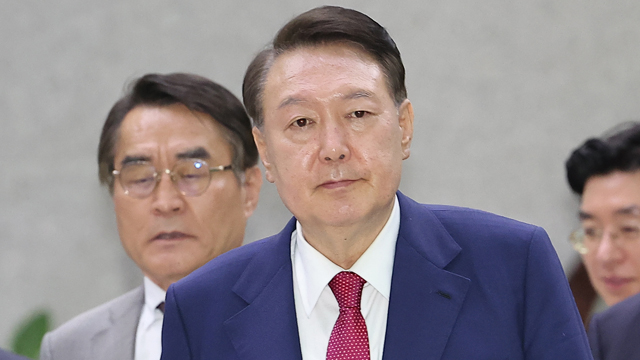
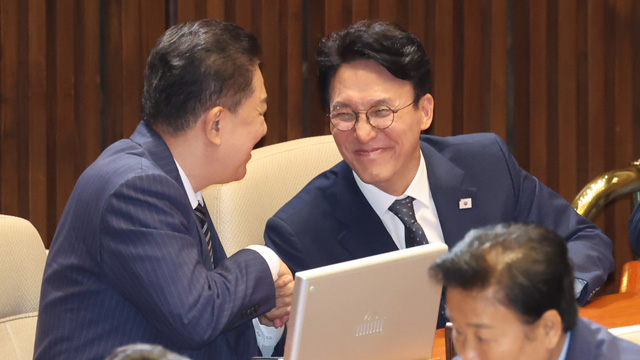
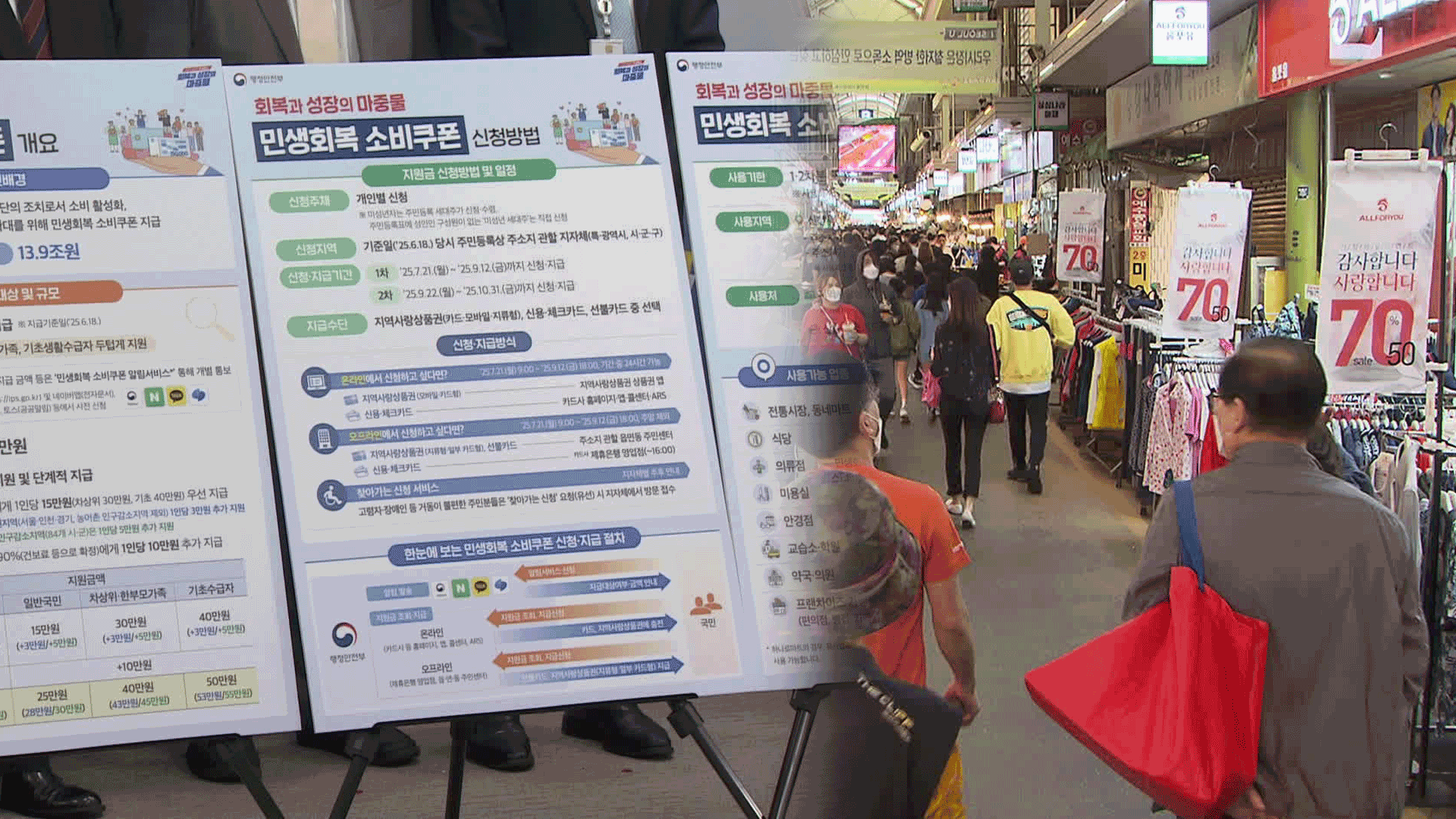
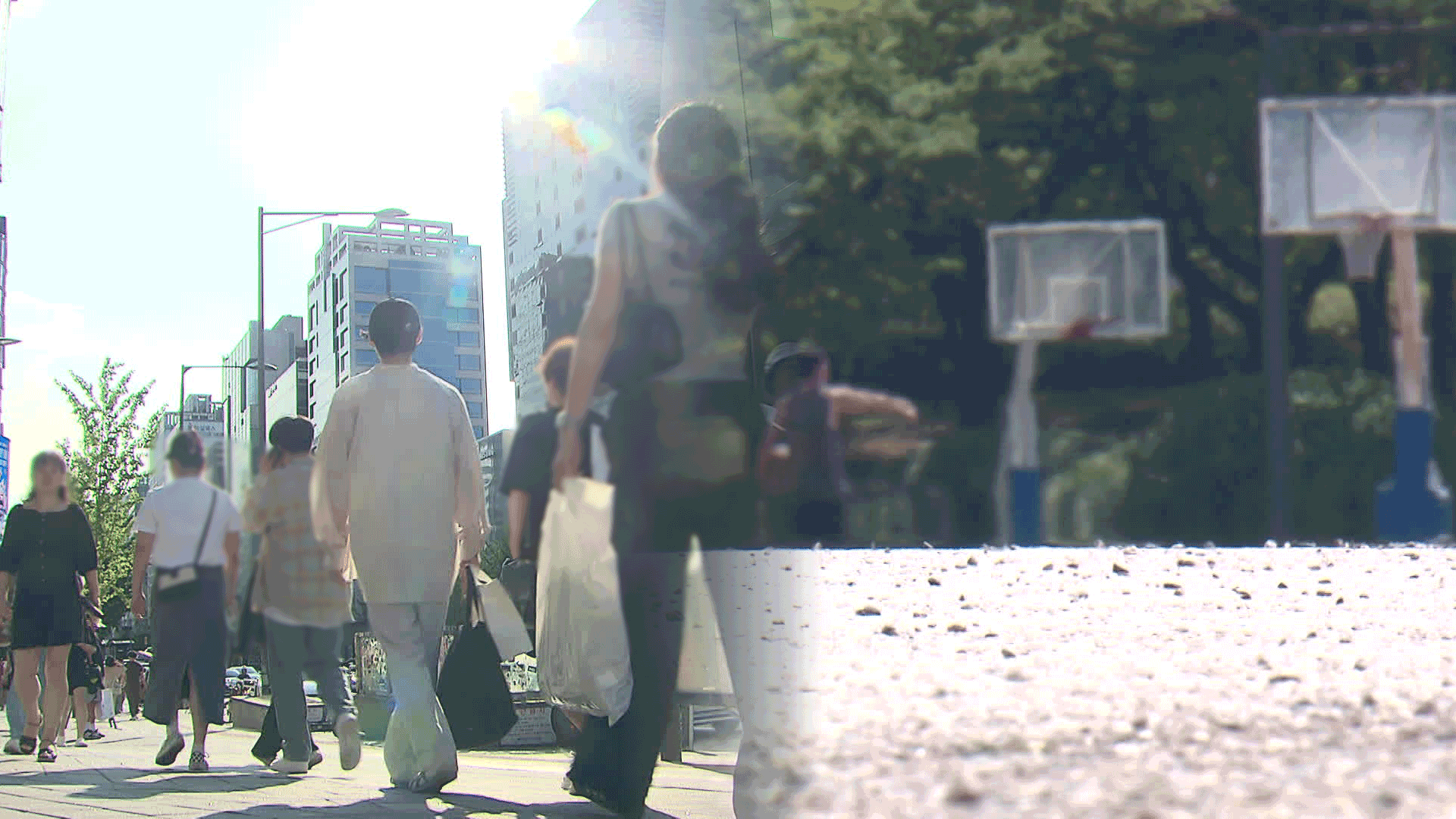

이 기사에 대한 의견을 남겨주세요.